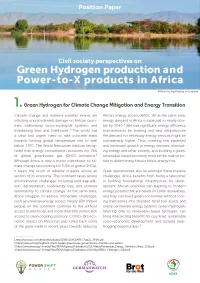
Erneuerbare Energien

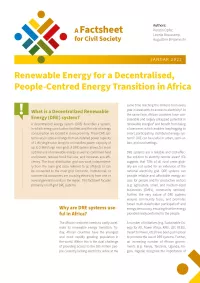
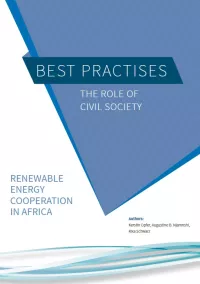
African countries have considerable and largely untapped potential in renewable energies. They have the potential to leapfrog to smart, participatory, distributed energy systems of the future without locking themselves into stranded fossil fuel assets and overly centralised energy systems. Thus, African countries can show the way to the future through bold plans and on-the-ground implementation.
The EU energy system is still far from being climate neutral or based on 100 % renewable energies. The currently discussed revision of the guidelines for the Trans-European Networks for Energy (TEN-E), which provide the basis for the selection of the so-called Projects of Common Interests (PCIs), has the potential to set a new course.
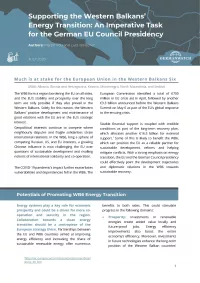
Long-term stability and prosperity in the Western Balkans is closely interlinked with the fate of the EU. A positive development in the region and the maintenance of good relations are in the EU’s strategic interest. Geopolitical interests continue to compete in the Western Balkans: China is increasingly rivalling ideas of international solidarity and co-operation offered by the EU. This has become most apparent during the outbreak of the COVID-19 pandemic and the economic crisis that followed. The new momentum of recently extended financial support should be the starting point for a more serious cooperation with the Western Balkans on the energy transition. The German EU Presidency in the second half of this year should focus on making energy transition partnerships a reality. This is an opportunity that the EU should not miss.
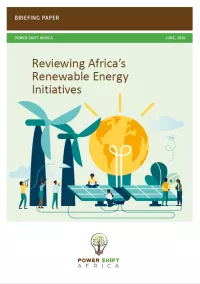
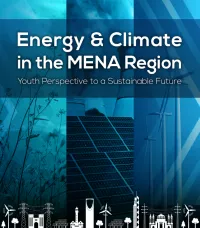
Multi-Actor-Partnerships offer an approach to address complex challenges through cooperation between actors from civil society, politics, the private sector and academia. The short film outlines the relevant framework conditions and criteria for a successful partnership. An example from India illustrates the advantages of this approach.

Most G20 countries including several of emerging countries enhanced their conditions for investments in low-carbon energy in the past year. Nonetheless, more renewable energy investments have to be undertaken in order to meet the Paris climate targets. In addition, the G20 would need to develop and implement more ambitious, consistent and transparent long-term strategies to improve the investment climate for renewable energies. These are the key findings of the Allianz Climate and Energy Monitor 2018, published today.

In the beginning of July, Germanwatch published its Kosovo research study “Phasing in Renewables“ and discussed it in Pristina with development organisations, ministries, business, NGOs and academia. Kosovo faces quite typical challenges of the Western Balkans, being heavily reliant on lignite use for power generation and struggling with serious social and economic problems.
